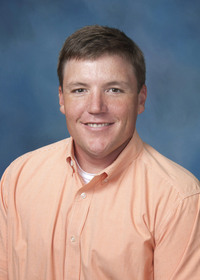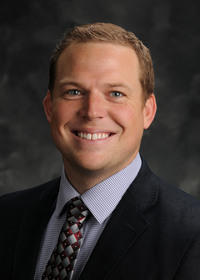Information Possibly Outdated
The information presented on this page was originally released on February 11, 2011. It may not be outdated, but please search our site for more current information. If you plan to quote or reference this information in a publication, please check with the Extension specialist or author before proceeding.
Field day explores resistant ryegrass
MISSISSIPPI STATE – Mississippi farmers are a few years into the fight against glyphosate-resistant weeds, a problem that is the focus of a March 10 field day in Stoneville.
Producers will take a close look at ways to manage herbicide resistance in the Glyphosate-Resistant Ryegrass Field Day at Mississippi State University’s Delta Research and Extension Center in Stoneville. Registration begins at 7:30 a.m. at the Capps Center, and the field day concludes with lunch. The program will move indoors if there is bad weather.
“Glyphosate-resistant Italian ryegrass is a significant threat to crop production in the midsouth,” said Jason Bond, event organizer and Mississippi Agricultural and Forestry Experiment Station weed scientist. “Twelve Mississippi counties contain Italian ryegrass that is resistant to glyphosate, and Arkansas, Louisiana and North Carolina also have reported cases of glyphosate-resistant Italian ryegrass. Italian ryegrass populations are suspected in west Tennessee.”
Bond said resistant species can compromise traditional herbicide burndown programs. Since 2005, MSU research at the DREC in Stoneville has focused on the problem, and researchers have developed management programs to combat this resistance.
Through lectures and firsthand observation, participants will learn about the biology of ryegrass, how to identify it and how glyphosate-resistant ryegrass spreads. Other topics include the development and diversity analysis of glyphosate-resistant ryegrass, fall residual herbicide programs and postemergence control of glyphosate-resistant ryegrass.
Speakers include weed scientists and researchers from MSU’s Delta Research and Extension Center, the U.S. Department of Agriculture-Agriculture Research Service, the University of Arkansas and North Carolina State University.
There is no cost to attend the half-day event. For more information, contact Jason Bond at (662) 820-7794 or jbond@drec.msstate.edu or Tom Eubank, (662) 822-1964 or teubank@drec.msstate.edu.






